No Free Pass
A seventeenth century philosopher, John Locke, came up with the well-known theory, tabula rasa. Essentially, he believed we are born as blank slates waiting for the world to make its indelible mark on us. In other words, we’re strictly a product of our environment. This idea flies in the face of the fundamental biblical principle that we are fearfully and wonderfully made (Ps. 139:14 NIV). Locke did not subscribe to the divine principle that we all were born hardwired with a certain giftedness to fulfill a specific purpose. Interestingly, the following statement, attributed to Locke, points out an all too painful truth still visible today: Parents wonder why the streams are bitter, when they themselves have poisoned the fountain.
As Christian parents, in the spirit of train up the child guided by our own how-to book, we impose our own ideas of what our children should become. How incredible is it that much of our time is actually spent fighting the will of the Creator instead of discovering and accepting His plan for our children? What a concept—accepting that God already has it figured out. Doesn’t it make sense that as parents, teachers, and society, it is our obligation to help a child discover their gifts and nurture them so they may take their rightful place as contributors to the global community?
When we don’t use or appreciate a gift, we offend the Giver. We grieve our Creator by not acknowledging and nurturing the creative spirit He breathed into every one of us. Accountants, engineers, skilled laborers, and scientists don’t get a free pass on this, nor does anyone who has voiced the following mantra, “I don’t have a creative bone in my body.” This couldn’t be further from the truth. It’s a slap to the face of God. Denying one’s creativity would make the Creator out to be a liar. He did not create just some in his image; all are created in his image equally.
It doesn’t mean that we all should make a living as artists. The consummate artist had a day job running a warring kingdom. Why would God single out such an imperfect man as King David who broke all of the biblical laws in big and egregious ways, yet calling him, “a man after my own heart?” Could it be because he exercised his God-given creative spirit: singing, writing poetry and lyrics, playing the lyre and harp—oh yes, and dancing. He directed, orchestrated and produced pageantries, dramas on a kingly scale. He did it all to glorify his Creator. Art forms are an expression of the creative spirit.
Most of us have succumbed to societal influences and neither discovered nor experienced this most salient dimension of our lives—a dimension that our Creator intended for our fulfillment and happiness. Too often we’ve heard young and old alike share how they were told to be realistic. On the other hand, until a person is in sync with God, how can one realize and fulfill his creative purpose?
Our expressed creative spirit has a unique way of building bridges across cultural, political, and religious boundaries. It can reach the touchstone of our inner soul and spiritually strengthen the weary heart. It is a paradox that our unique facet of creativity separates each of us from the other like a fingerprint, yet bonds us together as the expressed image of God. Expressed Creativity is a universal language unto itself—especially in the full dimension of the arts.


